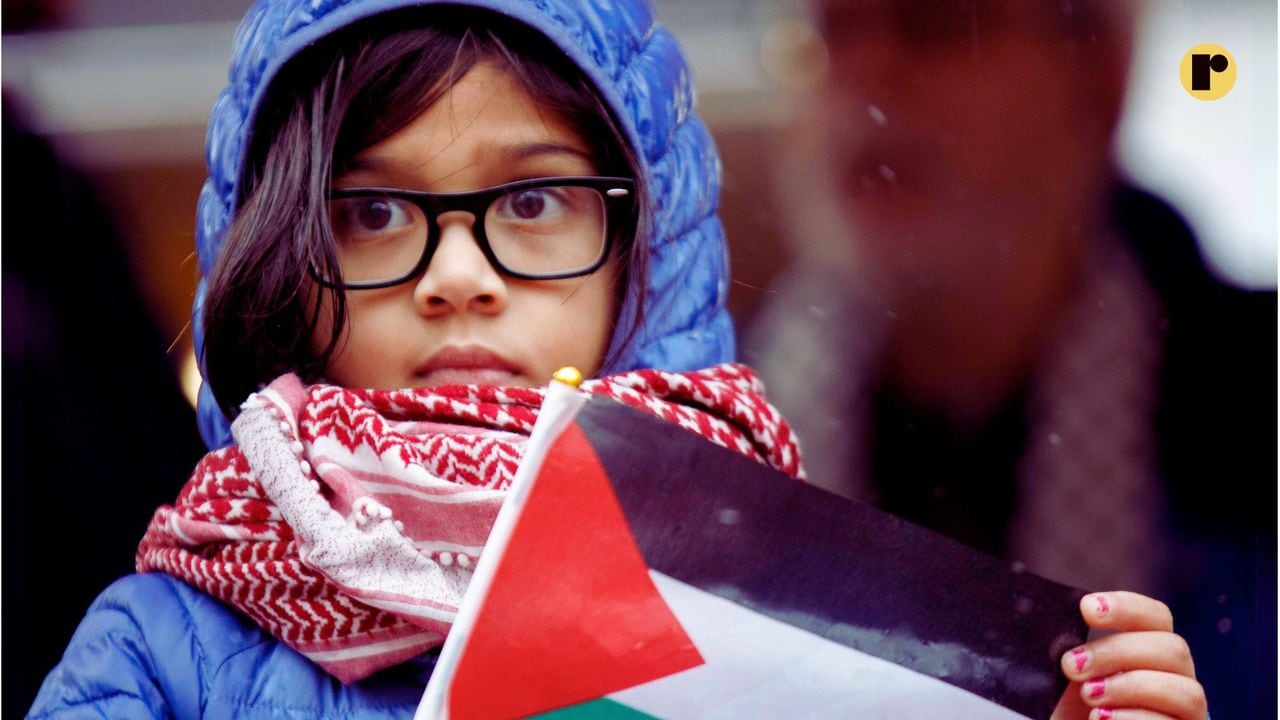Education discrimination against Muslim students have skyrocketed 63% since Oct. 7
Data released from the Council on American-Islamic Relations (CAIR) today shows a 63% increase in reports of education discrimination since the beginning of the Israel-Hamas war.
The data, is part of what CAIR called a “disturbing” increase in complaints filed with the organization since the beginning of the Israel-Hamas War that’s ravaging Palestine and the Gaza Strip. The organization has seen a 178% increase in complaints filed during a similar time period in 2022.
“Justifying violence against Palestinians in Gaza and honest rhetoric has an impact on how students are treated,” said Farah Afify, Research and Advocacy Coordinator for CAIR.
The data on education discrimination includes discrimination at both K-12 and higher education institutions. This data does not include instances of bullying in educational settings, Afify explained, because it’s important to make a distinction between bullying and discrimination that comes from the top-down.
“Bullying wouldn’t necessarily fall into education discrimination because that is more focused on understanding how an institution itself might participate in promoting anti-Muslim rhetoric or Islamophobic rhetoric without necessarily engaging in the particular individual harassment of students, so those are just by definition, two different cases and we want to make sure that we’re acknowledging that both of those are cases that can occur and that we’re adequately categorizing them and reporting that data.
Afify referenced two recent instances of what CAIR considers education discrimination–the first occurring at Edina High School in Edina, Minn., where t wo Edina High students were suspended for repeating a pro-Palestinian chant during a protest walkout at the school in October. They were given a three-day suspension for chanting, “From the river to the sea, Palestine will be free.”
CAIR called for the students’ suspension to be rescinded and filed a complaint with the U.S. Department of Education over the suspension of two Edina students, claiming religious discrimination during the pro-Palestinian protests. As of Monday, no further information was available about the complaint, CAIR officials told Reckon.
The second occurred at Emory University in Atlanta, where students who participated in pro-Palestine demonstrations reported harassment and doxxing.
Afify said Arab and Palestinian students are reporting that they are scared to leave their dorms, go to class or go to the dining hall.
“They are scared not just because they’re being bullied, not just because they’re being harassed, but also because institutions of higher education are implicitly endorsing this kind of harassment by refusing to protect them and by refusing to show official public support for Palestinian, Arab and Muslim students,” Afify said.
The letter to Emory University urged university officials to protect Palestinian, Muslim and Arab students from harassment. CAIR accused university officials of “tolerating a hostile environment of which Emory has notice.”
Afify said there has recently been a “relentless wave” of racist, anti-Palestinian and anti-Muslim harassment of students at Emory University.
“By choosing to remain silent in the face of ongoing genocide, including Israel’s deliberate and calculated destruction of every single university and college in Gaza, Emory is failing its responsibility as an academic institution meant to foster education and an open exchange of ideas,” said Javeria Jamil, CAIR-Georgia Legal Director in a statement on CAIR’s letter to Emory officials published Jan. 24.
